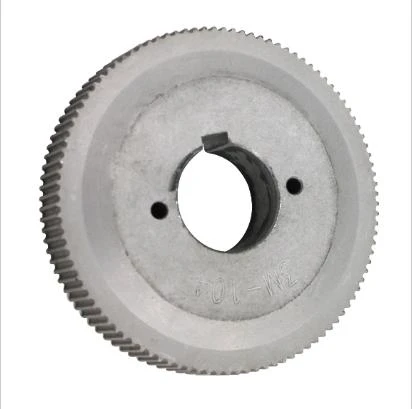Durable Stainless Steel Cable Carrier for Efficient Wire Management Solutions
The Importance of Stainless Steel Cable Carriers in Modern Industry
In the rapidly evolving world of technology and engineering, the components that facilitate efficiency and safety in machinery are paramount. One such component that has gained significant traction in various industries is the stainless steel cable carrier. Often referred to as drag chains or cable tracks, these carriers play an essential role in organizing and protecting cables and hoses that power machinery or convey signals. Their importance cannot be overstated, especially in high-demand environments.
What are Stainless Steel Cable Carriers?
Stainless steel cable carriers are systems designed to hold and protect multiple wires, cables, and hoses. Constructed from high-quality stainless steel, these carriers are built to withstand harsh conditions such as high temperatures, moisture, corrosive substances, and mechanical wear. Their durability makes them particularly suitable for industries like food processing, pharmaceuticals, marine applications, and heavy machinery, where traditional plastic carriers may fail to perform under stress.
The Benefits of Stainless Steel
The decision to use stainless steel in cable carriers stems from the material's inherent properties. Stainless steel is known for its corrosion resistance, which makes it an ideal choice for environments exposed to water, chemicals, or corrosive agents. Moreover, stainless steel offers superior strength and rigidity compared to plastic alternatives, resulting in a longer lifespan and reduced maintenance costs over time. In addition, stainless steel carriers can operate at higher temperature ranges, making them suitable for applications that involve heat or intense mechanical processes.
Applications Across Various Industries
1. Manufacturing and Automation In manufacturing plants, stainless steel cable carriers are vital for moving cables alongside robotic arms and conveyor systems. They maintain organization and prevent tangling or damage to the cables, ensuring that automation processes run smoothly.
stainless steel cable carrier

2. Food and Beverage The food processing industry requires stringent hygiene standards. Stainless steel cable carriers meet these requirements while also resisting corrosion from cleaning agents. They can be utilized in conveyor systems to transport food products through various stages of processing without compromising safety standards.
3. Pharmaceuticals Similar to the food industry, pharmaceuticals depend on sterile environments. Stainless steel carriers are favored because they can be easily sanitized and prevent contamination, making them essential for cleanroom applications.
4. Marine The marine industry faces unique challenges due to the environment's saltwater exposure. Stainless steel cable carriers are employed on ships and offshore platforms to protect cables from corrosion and physical damage, ensuring that critical systems remain operational even at sea.
5. Heavy Machinery In construction and mining, heavy machinery often works in rugged conditions that can lead to wear and tear on cables. Stainless steel cable carriers provide the robustness needed to keep equipment running efficiently in such environments.
Design and Customization
Stainless steel cable carriers come in various designs and sizes, allowing for customization to suit specific applications. Manufacturers offer solutions tailored to unique requirements, whether it is the length, width, or the radius of curvature needed for a particular installation. Advanced design features like modular sections enable easy expansion or reconfiguration without major overhauls, adding to overall efficiency.
Conclusion
As technology continues to advance, the demand for reliable and robust cable management systems will only grow. Stainless steel cable carriers stand out as an essential component across multiple sectors due to their durability, strength, and resistance to harsh environments. By investing in high-quality stainless-steel carriers, industries can improve operational efficiency, enhance safety, and reduce the risk of downtimes due to cable-related issues. In a world where every second counts, the importance of these carriers in ensuring smooth operations cannot be overlooked, and their role in modern engineering and manufacturing will undoubtedly continue to expand in the years to come.








